Bloomington plan commission backs SRO housing amendment with owner-occupancy rule
At its meeting on Monday Bloomington’s plan commission voted to recommend an amendment to the city’s UDO, to allow for the creation and regulation of single room occupancy (SRO) housing. An SRO is a scenario where a person rents a bedroom and shares other common facilities.
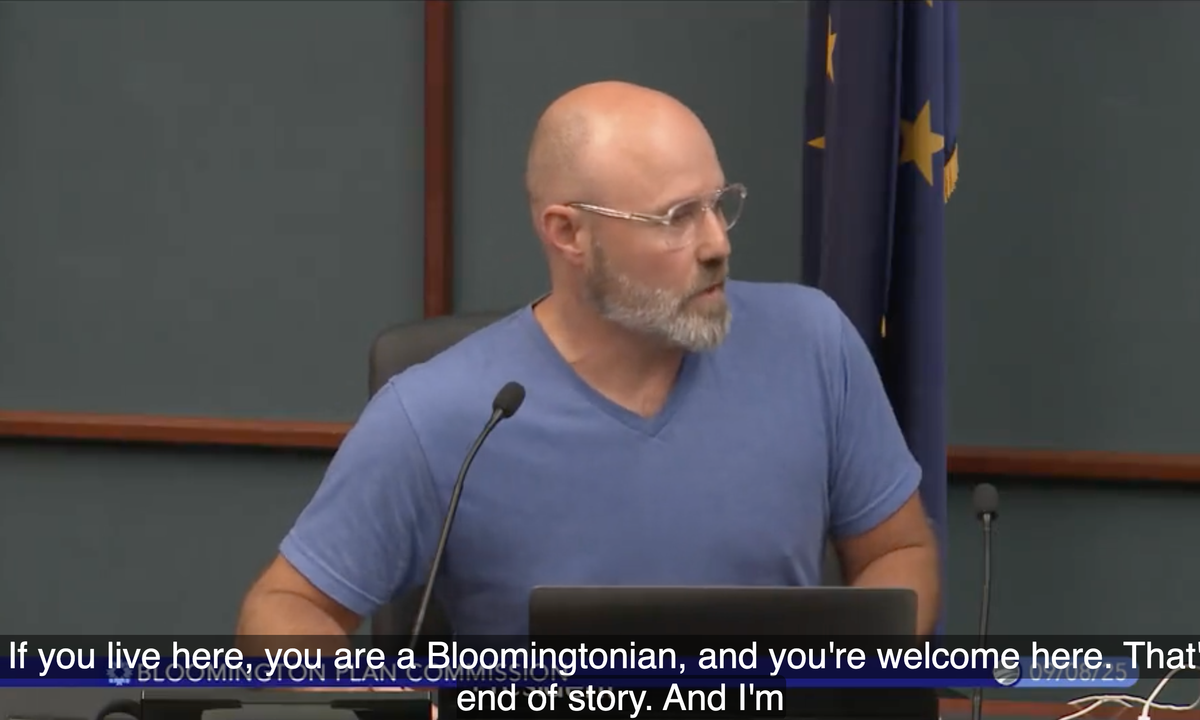
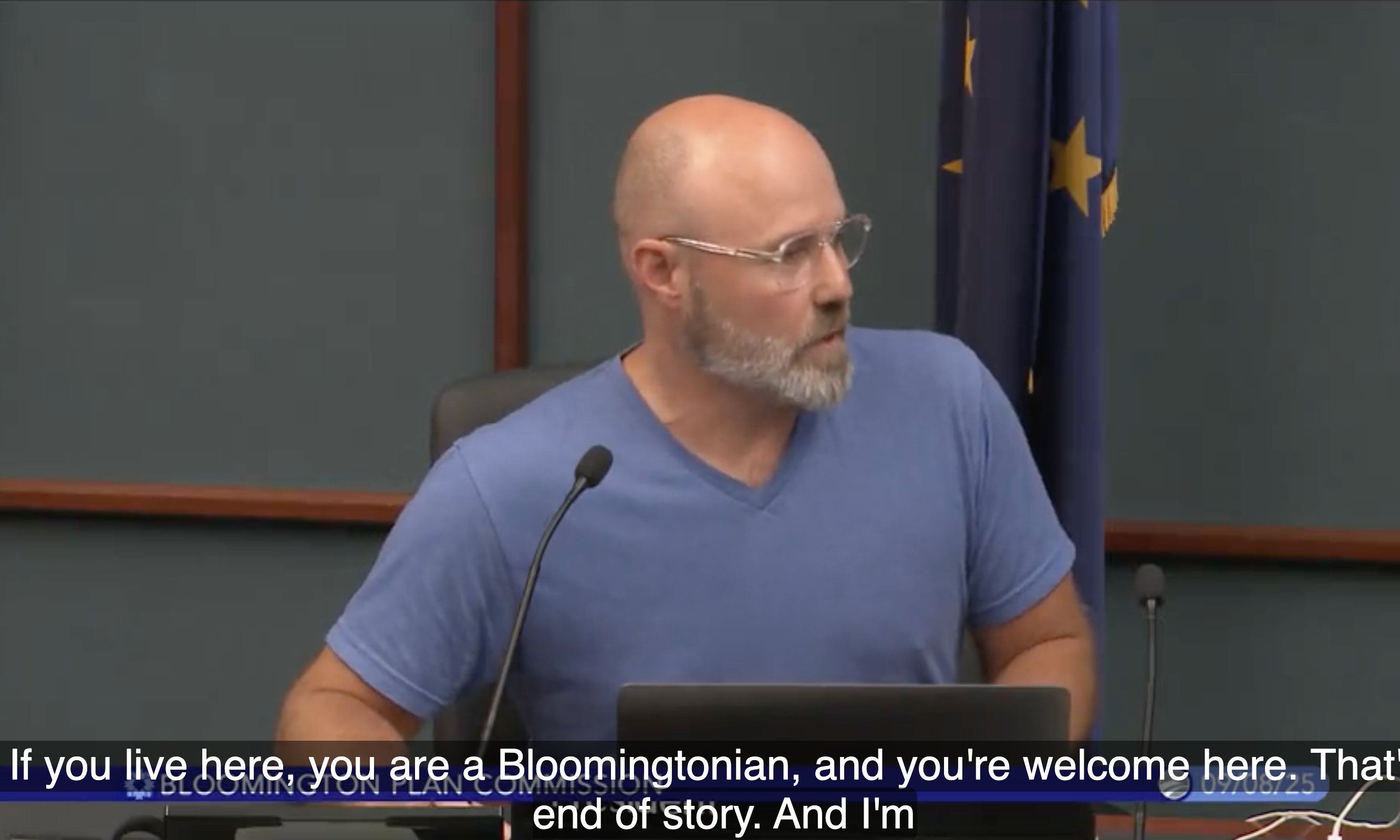
At its meeting on Monday (Sept. 8) Bloomington’s plan commission voted to recommend an amendment to the city’s Unified Development Ordinance (UDO), to allow for the creation and regulation of single room occupancy (SRO) housing.
The basic idea of an SRO is a scenario where a person is just renting a bedroom and has to share with other tenants common facilities, like the kitchen, bathroom and common area.
The recommended amendment will be considered by the city council sometime in the coming weeks.
The proposal recommended by the plan commission includes a maximum of three bedrooms per SRO in R1–R4, a limit of two adults per bedroom, and a requirement that the property owner reside on the premises. The proposal also removed a previously considered requirement that SRO owners be registered nonprofits, based on advice from the legal department.
The plan commission’s response had come in response to a directive in a city council resolution that was passed in November 2024, and more recently re-affirmed, to prepare an ordinance that would expand housing options by allowing SROs in additional zoning districts, clarify definitions, and address occupancy and ownership requirements.
The idea motivating the council’s effort was to achieve more places to live in the city with very low rents—specifically $500 a month or less.
The council’s resolution called for the plan commission to consider a proposal that would eliminate the owner-occupancy requirement that is currently attached to the “residential rooming house” use. Even though there’s a lot more to it than just a name change, part of the proposal changes the name of the use from “residential rooming house” to “single room occupancy.”
Monday’s deliberations marked the third occasion for the plan commission to take up the topic of SROs—the first one was in July.
At Monday’s meeting, Bloomington’s development services manager, Eric Greulich described the challenge of trying to legislate how SROs are used: “We’re trying to provide missing housing for members of the community and not necessarily provide more student rental opportunities or increase occupancy for those uses.”
During Monday’s deliberations, plan commissioners discussed the importance of clear definitions, particularly distinguishing “bedroom” from “room,” to ensure compliance with safety and building codes.
Anna Killion-Hanson, who is director of the HAND (Housing and Neighborhood Development) department, said, “I’m a little bit concerned about the language indicating ‘room,’ because when we are inspecting it is very important that we know what a bedroom is, that it has proper egress, that we have smoke detectors.” Killion-Hanson said to have someone “just sleeping in a random room within the building” would not fit with the rest of the rental inspection code.
Killion-Hason also pointed out that there are not ongoing chances for enforcement, saying, “The only time that we are going to be able to enforce that is when we are actually inspecting the units, which could be on a three-, four- or five-year cycle.” Another chance to inspect would come from a complaint, she said.
Commissioner Flavia Burrell also wanted to ensure that the wording of the legislation talks about renting “individual bedrooms” not just “individual rooms.” That way the definition of “bedroom” would be brought into every mention of the term, which includes a requirement for egress, and a closet, among other things. Burrell wanted “no room for error.”
So the commission agreed to replace references to “room” with “bedroom” in six locations throughout the ordinance, and to change the term “facility” to “building” in the SRO definition, to avoid institutional connotations and align with code requirements for egress and safety.
The commission also heard public comment, with speakers expressing concerns about enforceability of owner-occupancy requirements, the potential for increased student rentals, and the impact on neighborhood character and affordability.
In his remarks, plan commission president Brad Wisler addressed the objection that SROs could lead to increased rentals by students. Any proposal to increase the availability of housing “ immediately turns to how terrible it is that we might allow more students here,” Wisler said. He continued, “And I’m so tired of it—I could not be more tired of it.” He added, “If you live here, you are a Bloomingtontonian, and you’re welcome here. That’s it, end of story.”
Commissioners also addressed concerns about the ordinance’s impact on student housing. Hopi Stosberg, who serves as the city council’s representative on the plan commission, said, “Students need places to live, too.” She added, “It really sounds like a lot of student hate that ends up coming out of the community, and that’s really disturbing.”
Stosberg noted, “We can’t tell students where they can and cannot live—they need to find some place to live.” She added, “We have low-income students, we have unhoused students, we have couch-surfing students because they cannot afford rent.”
The final version of the plan commission’s recommended ordinance includes SROs only as a conditional use in the R1–R4 residential districts, which means that an SRO use has to be heard in front of the board of zoning appeals for those zoning districts.
The inclusion of SROs as a use in R1–R3 was the source of an objection from commissioner Patrick Holmes. At the Aug. 14 plan commission lunch meeting, Holmes put it like this: “I’ll just put it on the table: My main thing is putting it in R1 through R3—I don’t like it. I want to keep those single-family.” Holmes also said, “My ideal situation is they’re excluded from R1 through R3 because it’s targeting residential neighborhoods for increased density.”
At Monday’s meeting, Holmes said, “You don’t necessarily have to have more density everywhere—you have to have more density at least somewhere.” He continued, “I think Bloomington should have a diversity of neighborhoods and types of places to live, including single-family neighborhoods. People like those kinds of neighborhoods.” Holmes added, “I think increasing density everywhere reduces the diversity of the types of neighborhoods Bloomington has.”
Commissioners reflected on the fact that the ordinance does not impose affordability requirements, as such regulation is preempted by state law, but aims to expand housing options and flexibility within the city’s zoning framework.
Plan commission president, Brad Wisler summarized his general support for the proposal by saying, “If we want more affordability, you have to have more density.” He added, “You’re not going to get things to be cheaper by making it harder to build, and by having fewer units, or having fewer people in each unit—those are all things that are going to make it more expensive.”
Wisler supported the plan commission’s recommendation to allow two people per bedroom, but not just because it allows for greater density. He framed it as a matter of equity for married couples: “[T]he idea of two people per bedroom, yes, it’s going to create more occupancy, but without it, you are inherently discriminating against anyone who is married.” He added, “That’s not OK. That’s not OK, period. … That shouldn’t even be up for discussion.”
Wisler had some qualms with the 150-foot buffer around SRO uses, which lasts for two years after an SRO is approved. In the R1–R4 zoning districts, no newly created or expanded SRO would be allowed inside the buffer for two years after the approval is granted. Wisler put it like this: “I have a problem with the idea that my rights as a property owner change, based on if my neighbor beats me in the race to get approved for something.”
The commission’s vote to forward the proposal with a positive recommendation came over dissent from Patrick Holmes.

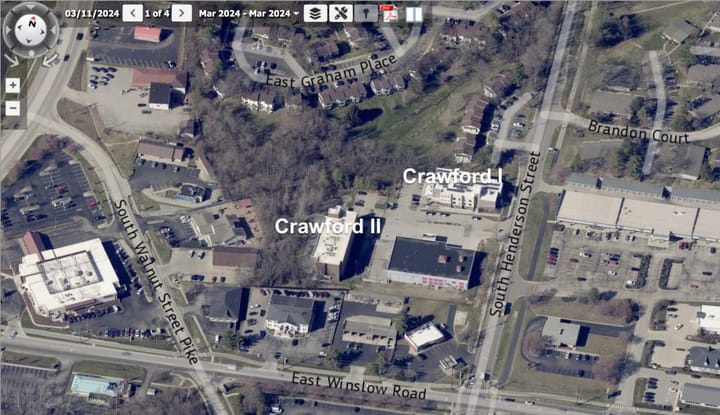
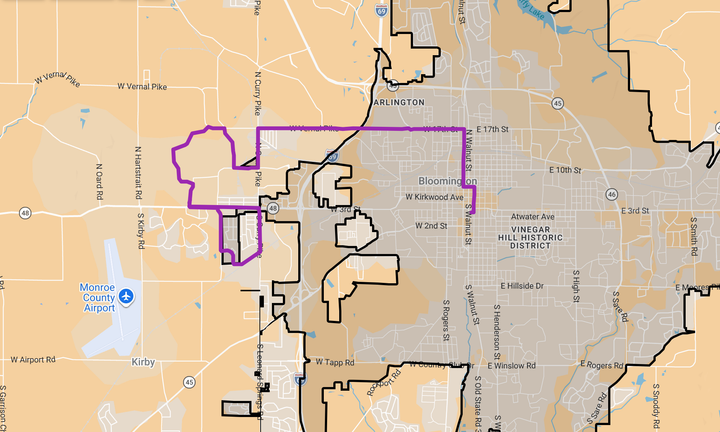
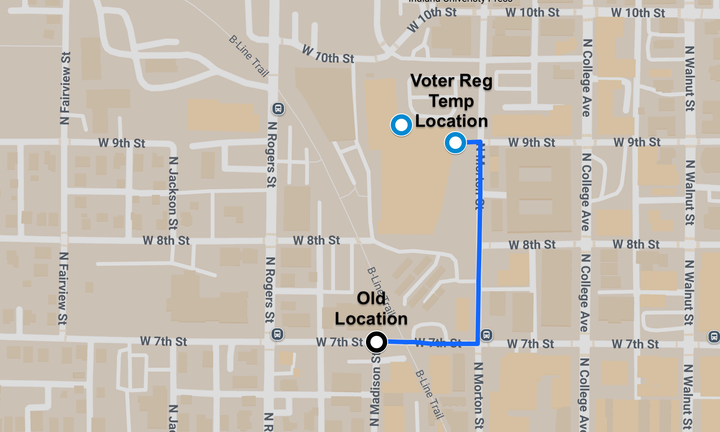
Comments ()